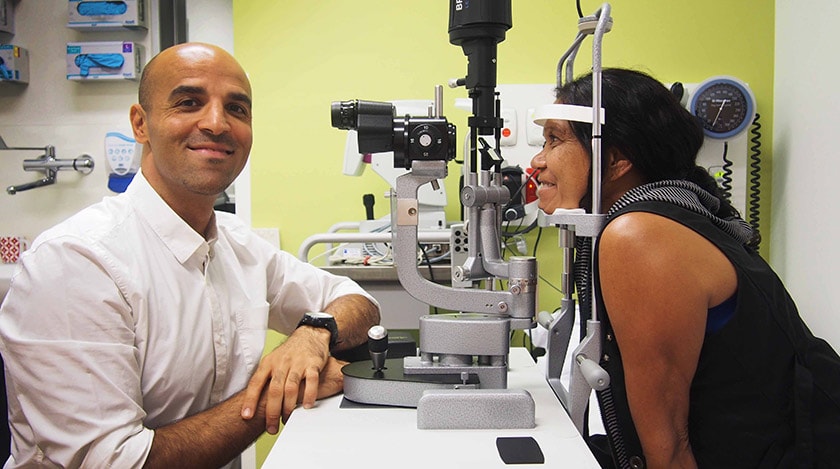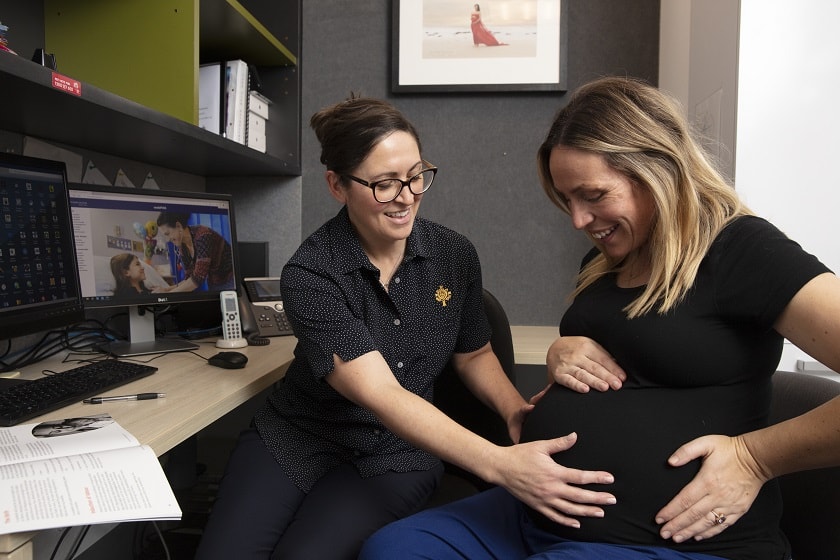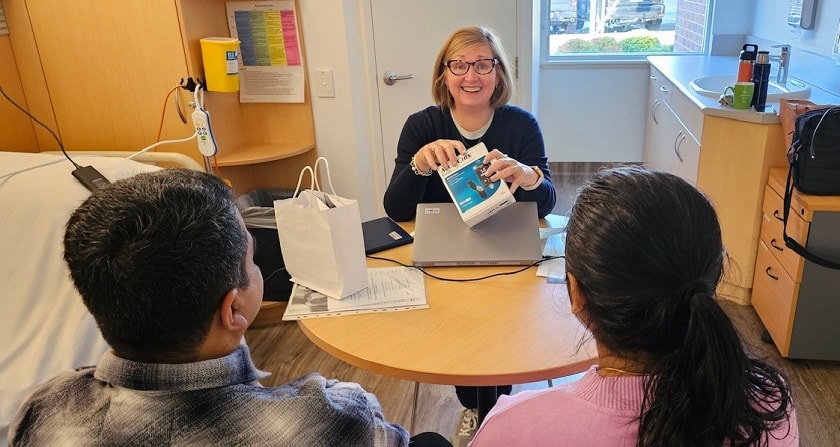With appropriate eye care and good blood sugar control, people with diabetes can give themselves the best chance of maintaining excellent vision for their whole lives.
Top tips to look after your eyes if you have diabetes
- Regular eye checks
The best way to prevent damage to your vision is for it to be detected as early as possible. This means attending regular check-ups with an ophthalmologist or optometrist, even if you don't have symptoms. Diabetic retinopathy has no symptoms in the early stages, so early detection is key for the best possible outcome.
People with diabetes should have check-ups at least every two years. For people who have some diabetic retinopathy present, check-ups should be more often as advised by your ophthalmologist.
Aboriginal and Torres Strait Islander people who have diabetes should have check-ups at least once per year, as diabetic retinopathy is more common in these communities.
- Maintain the best possible blood sugar control
Prevention is always better than the cure and the single best prevention for diabetic retinopathy is maintaining the best possible blood sugar control consistently.
Blood sugar control can be measured by your GP or Endocrinologist with a blood test called the 'HbA1c', which indicates how well your diabetes has been controlled over the previous few months. In order to best protect the eyes, the target for people with diabetes is an HbA1c result of seven per cent or lower.
- Maintain overall good physical health
As well as maintaining good blood sugar levels, it is important to have good overall health. Things like blood pressure, cholesterol, smoking and body weight can all affect eye health too.
By optimising your overall health through a nutritional diet and regular physical activity (which may be as simple as walking for half an hour each day), people with diabetes can give themselves the best chance of maintaining good vision for their whole lives.








